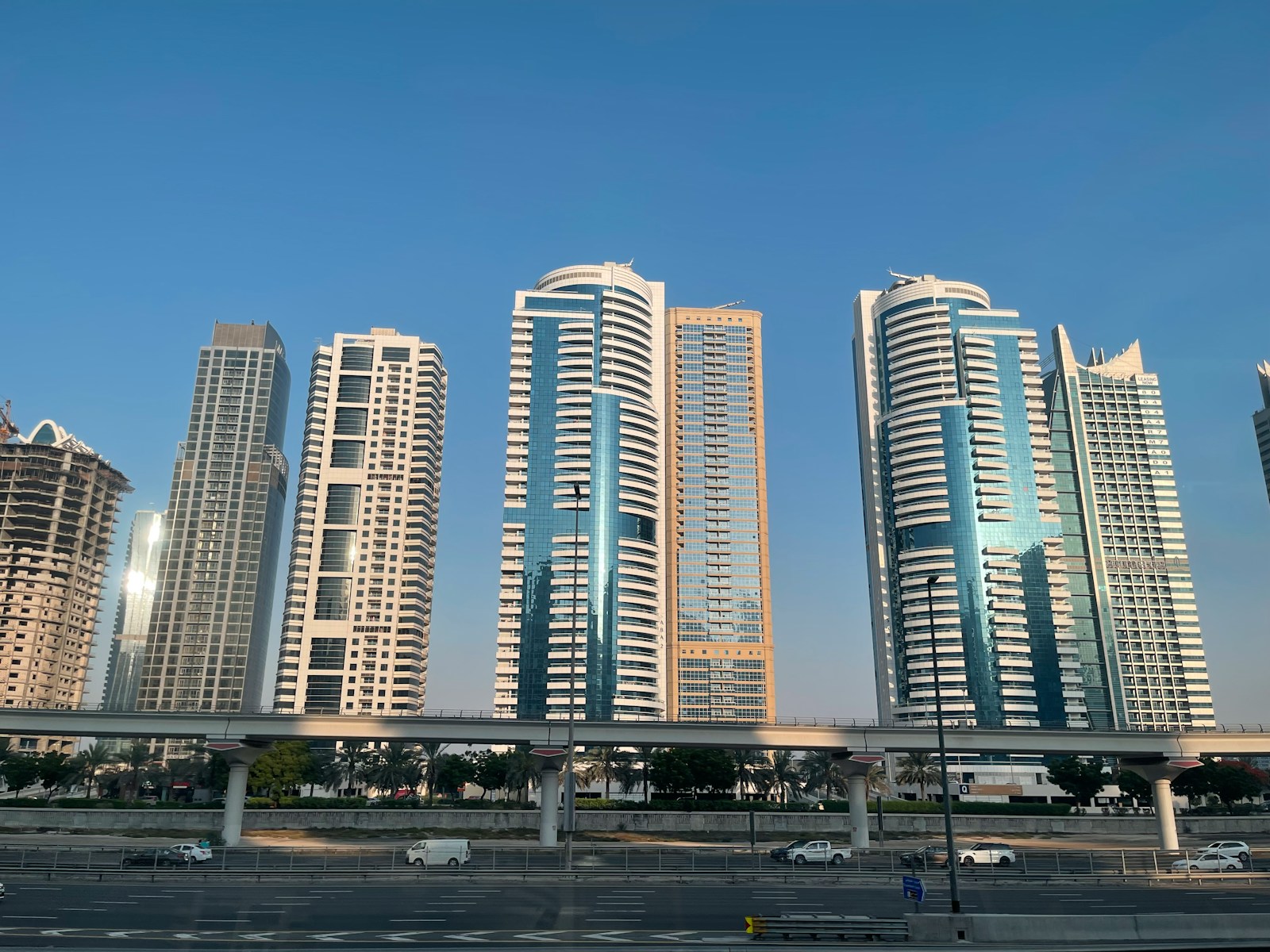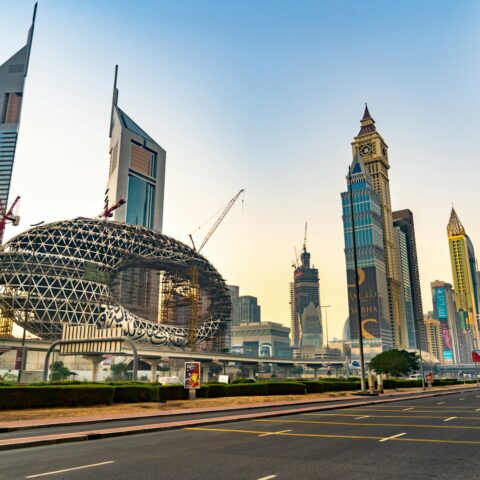Estate Planning For Expatriates In The UAE: Key Considerations And Pitfalls

The United Arab Emirates (UAE) has emerged as a global hub for wealth and business, attracting a large and diverse expatriate community. With features like the Golden Visa, business-friendly policies, and a welcoming legal framework, the UAE is home to millions of non-nationals. The process of organising and managing your assets during your lifetime, estate planning, is one of the important aspects of financial management, enabling smooth distribution of your assets to beneficiaries, tapping into tax benefits, and thereby minimising most legal hurdles.
Understanding the nuances of succession planning is essential to ensure that your assets are protected and transferred according to your wishes. This guide outlines the key considerations and legal frameworks governing estate planning for expatriates in the UAE.
Understanding the Legal Framework on Estate Planning in the UAE
Application of Sharia Laws:
One of the significant purposes of estate planning is to smoothly effect succession matters. In the UAE, the Sharia laws and its principles apply by default to inheritance laws and these matters. When an individual dies without leaving a valid will, their estate is called ‘intestate’. In cases where the expatriates, whether Muslim or Non-Muslim, who have not specified how their estate will be transferred through a valid will, such assets will be distributed according to the Sharia laws. Non-Muslims can choose between the application of UAE’s local laws and their home country’s legal framework.
A significant distinction under Sharia law is that joint bank accounts may be frozen until legal formalities are completed. Furthermore, assets held solely in one spouse’s name do not automatically transfer to the surviving spouse.
Application of The Federal Personal Status Law:
Federal Decree-Law No. 41/2022 on Personal Status (the Personal Status Law) is the primary legislation governing personal matters, including wills and inheritance. A key provision of this law is the “choice of law” principle. It allows non-UAE nationals to elect to have their estate governed by the inheritance laws of their home country rather than the default Sharia-based provisions.
This choice of law must be clearly and formally stated in a valid will, highlighting why proactive estate planning is so vital for expatriates.
Importance of a Will in the UAE
A cornerstone of modern estate planning for non-UAE nationals is the official Wills Registry. Most Emirates maintain a special registry for ” Wills” which provides a formal mechanism for non-Muslim expatriates to register their Wills. In the absence of a legally valid and registered Will, the assets of a non-Muslim expatriate in the UAE will, by default, be subject to the inheritance rules of Sharia law. This can lead to a number of unintended and often distressing consequences, which may directly contradict the deceased’s wishes and their home country’s legal system.
A registered Will ensures that assets are distributed to chosen beneficiaries, such as a surviving spouse, children, or other family members, in the proportions designated by the testator.
Upon the death of an individual, all bank accounts, including joint accounts, can be frozen by the court until the legal process of inheritance is finalized. A valid, registered Will significantly streamlines this process, allowing beneficiaries and executors to gain access to funds and assets much more quickly, thereby avoiding financial hardship for the family.
A registered Will can cover the distribution of all assets held in the UAE, including bank accounts, real estate (in designated freehold areas), business shares, and vehicles. This provides complete control over the entire estate, rather than leaving the distribution to be determined by a set of default rules that may not align with the testator’s intentions.
In addition to the mainland registry, financial free zones like the Dubai International Financial Centre (DIFC) and Abu Dhabi Global Market (ADGM) offer their own Wills Registry services for non-Muslims.
Alternative Legal Structures: Trusts and Foundations
Beyond the traditional will, the UAE’s financial free zones, such as the Abu Dhabi Global Market (ADGM) and the Dubai International Financial Centre (DIFC), offer sophisticated legal structures for wealth management and succession planning: Trusts and Foundations. These vehicles provide robust alternatives, particularly for high-net-worth individuals and families seeking to protect and manage assets across generations.
Trusts: A trust is a legal arrangement where a person, known as the Settlor, transfers legal ownership of assets to a Trustee. The Trustee then holds and manages these assets for the benefit of designated Beneficiaries. The DIFC, with its well-developed common law framework, is a popular jurisdiction for establishing trusts.
Foundations: Foundation is a separate legal entity with its own legal personality, much like a company. Established by a Founder, a Foundation is a powerful vehicle that holds and manages assets independently. It is managed by a Council according to its charter and bylaws, for the benefit of beneficiaries or for a specific purpose. Unlike a Will, a Foundation has a perpetual legal existence. This makes it an ideal structure for long-term wealth preservation and family governance across multiple generations, ensuring that family wealth and business interests remain intact. The ADGM and DIFC both have dedicated laws governing the establishment of foundations, providing a modern and robust framework for their use in the UAE.
Both trusts and foundations offer expatriates a sophisticated, flexible, and legally certain way to protect their legacy, manage complex family wealth, and ensure a smooth transfer of assets, complementing and often superseding the standard will for comprehensive estate planning.
Key Considerations and Pitfalls
Many expatriates hold assets in multiple countries. It is crucial to coordinate your estate plans across all relevant jurisdictions to avoid delays, legal conflicts, and asset freezes. While the UAE has no inheritance tax, other countries may impose estate taxes or levies.
Do not assume that a will drafted and executed in your home country is sufficient to govern your UAE assets. While a foreign will may be recognized in the UAE, the process can be lengthy and complex. It requires formal notarization and attestation in both the home country and the UAE, often including a certified Arabic translation. Failure to meet these strict formalities can render the will invalid in the UAE. Provisions within a foreign will may conflict with fundamental principles of UAE public policy or morality, potentially leading to the will’s rejection by the local courts.
Estate planning in the UAE requires navigating a complex legal landscape shaped by Sharia principles, federal laws, and international succession rules. Proactive planning with timely and expert legal advice is essential to create a plan that is both efficient and legally sound, ensuring your legacy is protected for future generations.
By entering the email address you agree to our Privacy Policy.



